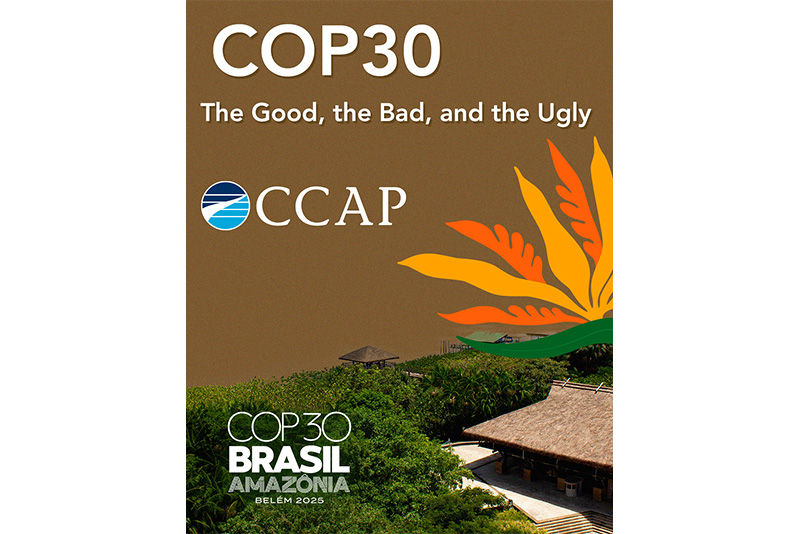Fifth MAIN Asia Regional Dialogue
- Nov 30, 2016
- 2 min read
With the Paris Agreement having entered into force on November 4th, the 5th MAIN Asia Dialogue built government stakeholders’ capacity to meet their commitments under the Agreement. The event, co-hosted by Vietnam’s Ministry of Natural Resources and Environment’s (MONRE) Department of Meteorology, Hydrology and Climate Change (DMHCC) and The Center for Clean Air Policy in DaNang, Vietnam, promoted the need to convert Nationally Determined Contributions (NDCs) into tangible and ambitious mitigation policies, projects and programs and highlighted key considerations to mobilize financing to develop and implement these actions. By sharing different country strategies for implementing NDCs, facilitating input from policy experts and financiers, and promoting South-South knowledge exchange, the dialogue aimed to build capacities to implement NDCs, including through the development of Nationally Appropriate Mitigation Actions (NAMAs). In addition, the event highlighted ways to engage the private sector in NDC conversion and NAMA development and implementation. The Dialogue also focused on the transformation of the energy sector towards a sustainable and renewable path, and highlighted what opportunities this presents to developing countries.
The objectives of the meeting were to:
Showcase countries’ implementation strategies for NDCs and exchange views on key issues including inter-ministerial coordination, the conversion of NDCs into policies and measures, and effective use of domestic and international funding.
Present opportunities for financing and technical support for NDC conversion and NAMA development and implementation, allowing for collaborative discussion between potential donors and developing country participants and the identification of support needs.
Identify key elements of transformational NAMAs, including i) the role of public policies in achieving transformative outcomes; ii) the role of financial mechanisms in overcoming barriers to investments; and iii) the development of project pipelines to attract actual investments in mitigation and adaptation action.
Highlight new opportunities in clean energy to contribute to ambitious climate change mitigation actions and NDC implementation.





شيخ روحاني
رقم شيخ روحاني
الشيخ الروحاني
الشيخ الروحاني
شيخ روحاني سعودي
رقم شيخ روحاني
شيخ روحاني مضمون
Berlinintim
Berlin Intim
جلب الحبيب
https://www.eljnoub.com/
https://hurenberlin.com/